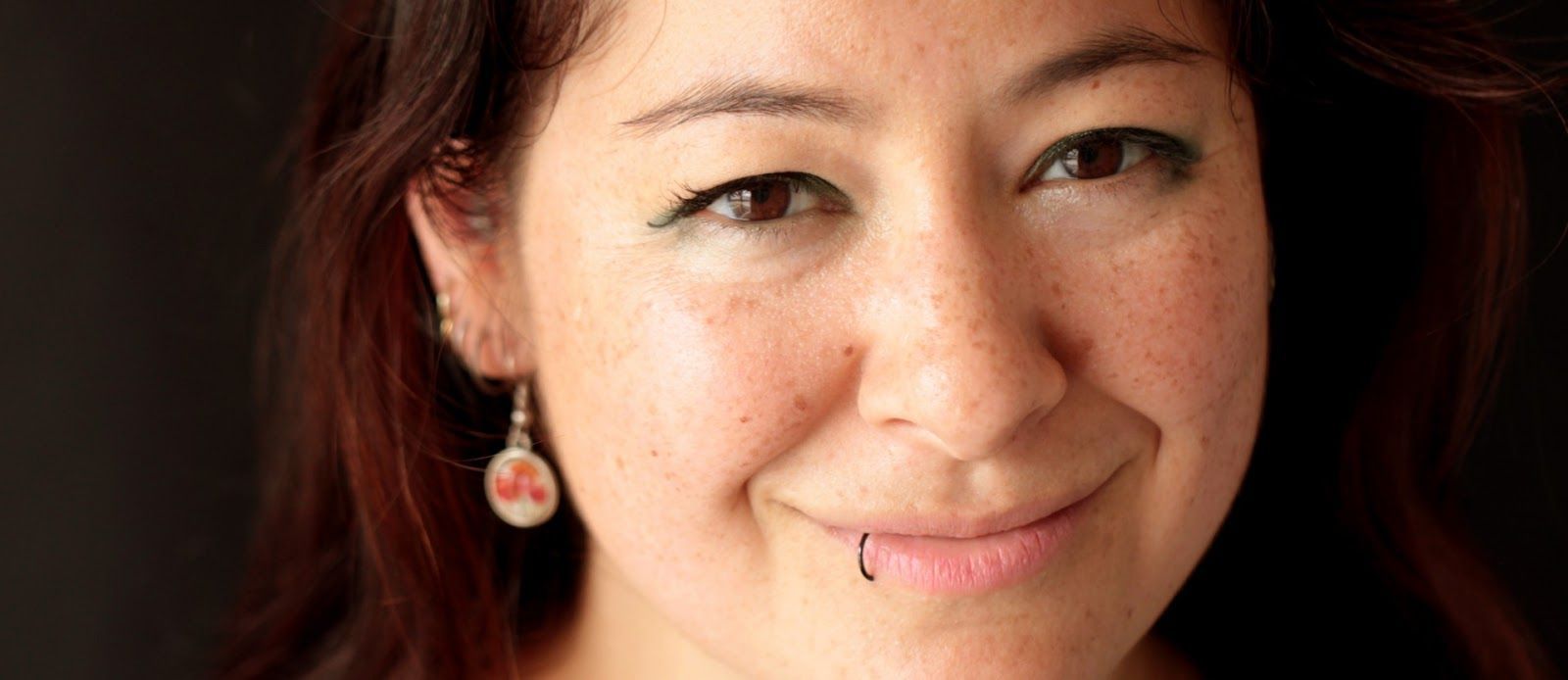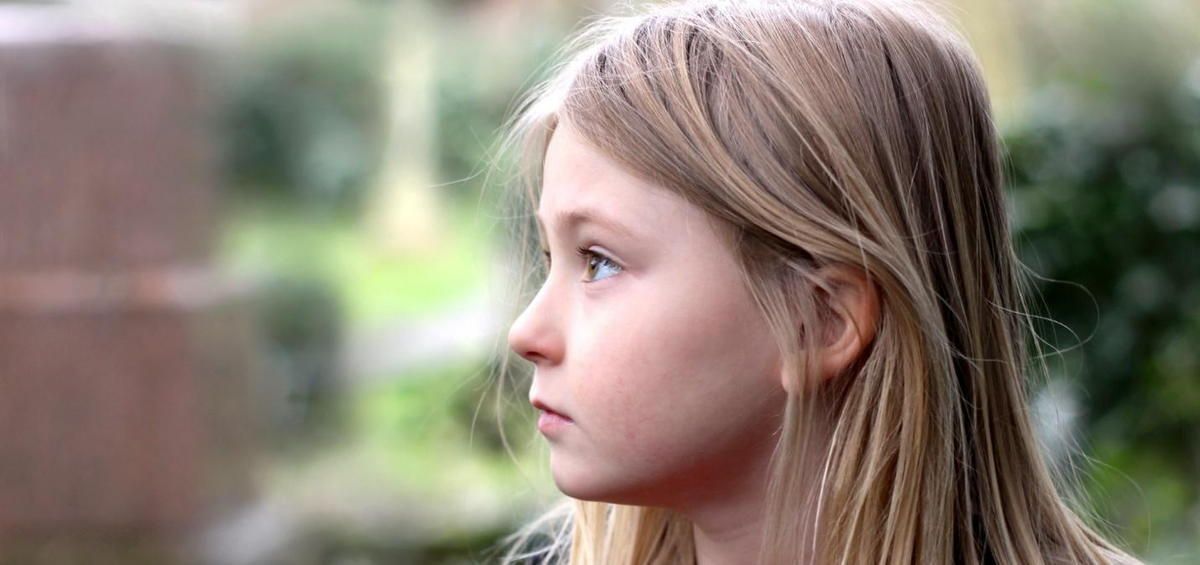Could ABA therapy be a miracle cure for the growing epidemic of anxiety among teen girls?
A disturbing new study has just come out by 2018 National Survey on Drug Use and Health that unfortunately confirms what I have been seeing the last few years in my counseling practice - anxiety and depression are increasingly wreaking havoc among young girls and women.
Freebeacon.com reports: "The most pronounced-and concerning-disparity, however, is by gender. While teenage girls have always been more prone to major depression, America has now reached a point in which more than one out of every five girls has experienced depression in the past year. That is nearly double the 2011 rate."
"In other words: America's teens, especially its girls, are becoming depressed and stay depressed through college. What, exactly, has caused this grim wave? The best answer is: No one really knows."
OK, maybe on paper no one really knows, but this is what we are hearing from the many teen and college aged girls that share their worries with us in confidential space of our offices:
- They feel like they need to be perfect in school, sports and their jobs, and if they dare make a mistake, they consider themselves complete failures. It seems to us that teens are much more unforgiving of themselves than ever and do not consider mistakes learning experiences or a part of being human; rather they are a sign of weakness of character.
- They are riddled with social anxiety - to the point where some of them can't get up the courage to go to an in-person job interview, go on a date, or even go out with family because of the fear of being judged.
- They are LONELY. Many of them spend hours on the computer and social media sites, avoiding the risk (but also the social reward) of making new friends and having fun new experiences. This behavior can lead to depression, self-harm and suicidal feelings in extreme situations.

4. They are smoking more marijuana in order to feel at ease in social situations, get to sleep, or in extreme cases, to be able to face their day as soon as they wake up in the morning.
5. They feel an insane amount of pressure to appear and be sexual way before actually getting emotionally close to someone or reaching full maturity. If you don't believe me, check out this article from one of my favorite websites, A Mighty Girl where they report on the increasing pressure on teen girls to send nude pictures of themselves to boys: " (A) study by Sara Thomas of Northwestern University found that less than 8% of girls shared explicit pictures because they wanted to; the rest did so because of a desire to please, acquiesce to, or avoid conflict with a boy. Moreover, while researchers found that both girls and boys send nude photos to one another, boys are nearly four time as likely to pressure girls to do so than the reverse. If the pair were already dating, the idea was often normalized with claims like "everyone else has a picture of their girlfriend," and if girls hesitated, some boys threatened consequences to the relationship.
6. They feel hopeless and anxious about the future, being able to find a fulfilling career, and if they are able to miraculously do that, to secure a well-paying job. I started noticing several years ago that my young clients were beginning to express these fears to me in middle school, whereas it used to be more of a worry in junior and senior years of high school.
7. They are hyper critical of their bodies, and often engage in dangerous eating disordered behaviors in order to control their weight, including starving, becoming vegetarian or vegan to the extreme, compulsively exercising, and/or bingeing and purging. Many of them feel there is a competition between girls to be the most fit - some have reported to me that they feel they can't go out socially if they are not participating in gym culture.
All of this must be alarming to read, but I prefer that parents and loved ones of our precious girls are aware of all of the pressures they are facing in today's society. Part of their crushing need to be perfect means many of our young women do not share their feelings of anxiety and depression with their parents or other adult mentors who are often in the best position emotionally and financially to help them overcome these obstacles.
Girls are overwhelmingly more prone to all types of anxiety disorders than boys. Childmind.org reports: "All anxiety disorder subtypes were more frequent in girls than boys
Social phobia: 11.2% females, 7.0% males
Specific phobia: 22.1% females, 16.7% males
Panic disorder: 2.6% females, 2.0% males
PTSD: 8.0% females, 2.3% males
Separation anxiety: 9.0% females, 6.3% males"
Luckily there is some good news. The symptoms of anxiety (such as panic, low self-esteem, phobias and post-traumatic stress disorder) are highly treatable with the right techniques and an experienced therapist at the helm.
The most common ways we treat anxiety include cognitive techniques (such as reframing and challenging negative thoughts, practicing positive affirmations, and use of thought-stopping), and exposure therapy, an extremely powerful method that helps people with severe anxiety face their fears in small increments, but consistently with supportive coaching.
One of the most promising methods we use at The Body Image Counseling Center is called Applied Behavior Analysis
. Our Board Certified Behavior Analyst works with teens, college students and adults who are experiencing severe anxiety either in the office, in the comfort of their own homes, and/or by video to reach specific and clear goals to face fears systematically and quickly to overcome fears.

Traditionally ABA has been used to help children and adults with spectrum disorders to become more social and productive; however, we have found that the same methods help people overcome crippling anxiety at a much faster rate than traditional methods, and with the least disruption to school and family routines.
For example, if your teen girl is terrified to walk in to a college registrar's office to ask for needed paperwork, our ABA therapist would work with her to create a "ladder" of behaviors that cause increasing anxiety. She would tackle the least fearful behaviors first, eventually working up to the most dreaded task of walking into the office without fear. All of the progress is charted so the client can see her progress and the therapist can help modify assignments to overcome blocks.
In other words, sometimes "talk therapy" isn't enough on its own; ABA works with young people to consistently face their fears with positive results in a short period of time.
If your teenager or college aged student is experiencing anxiety that is interfering with his or her life, please call us to see if Applied Behavior Analysis will help them get back on track. We have had the rewarding experience of seeing this technique work firsthand with so many of our clients - we know it can help you too!










